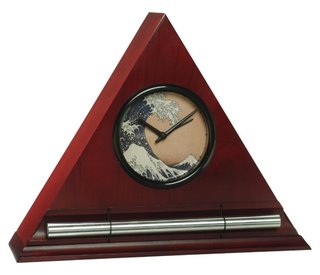
the beauty of imperfection
Wabi and sabi refers to a mindful approach to everyday life. Over time their meanings overlapped and converged until they are unified into Wabi-sabi, the aesthetic defined as the beauty of things “imperfect, impermanent, and incomplete”.
Things in bud, or things in decay, as it were, are more evocative of wabi-sabi than things in full bloom because they suggest the transience of things. As things come and go, they show signs of their coming or going and these signs are considered to be beautiful.
In this, beauty is an altered state of consciousness and can be seen in the mundane and simple. The signatures of nature can be so subtle that it takes a quiet mind and a cultivated eye to discern them. In Zen philosophy there are seven aesthetic principles for achieving Wabi-Sabi.
Fukinsei: asymmetry, irregularity
Kanso: simplicity
Koko: basic, weathered
Shizen: without pretense, natural
Yugen: subtly profound grace, not obvious
Datsuzoku: unbounded by convention, free
Seijaku: tranquility
Each of these things are found in nature but can suggest virtues of human character and appropriateness of behaviour. This, in turn suggests that virtue and civility can be instilled through an appreciation of, and practice in, the arts. Hence, aesthetic ideals have an ethical connotation and pervades much of the Japanese culture.
adapted from wikipedia.org

Zen Alarm Clock, Ukiyo-e Hokusai Wave Dial Face
Now & Zen Headquarter Store
1638 Pearl Street
Boulder, CO 80302
(800) 779-6383
Posted in Bamboo Chime Clocks, Chime Alarm Clocks, Hokusai Wave, Japanese Inspired Zen Clocks, mindfulness practice, Natural Awakening, Now & Zen Alarm Clocks, Progressive Awakening, wabi-sabi